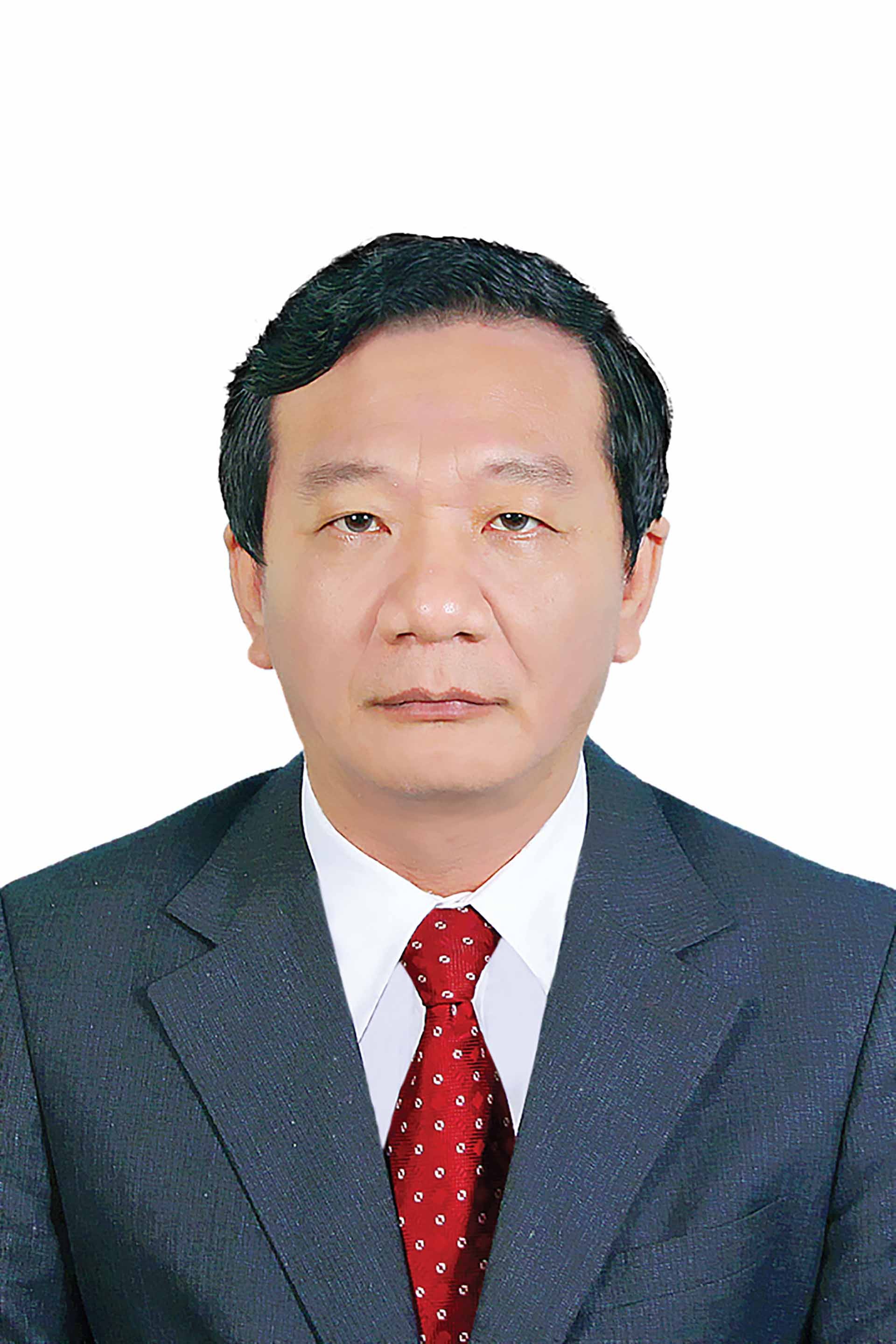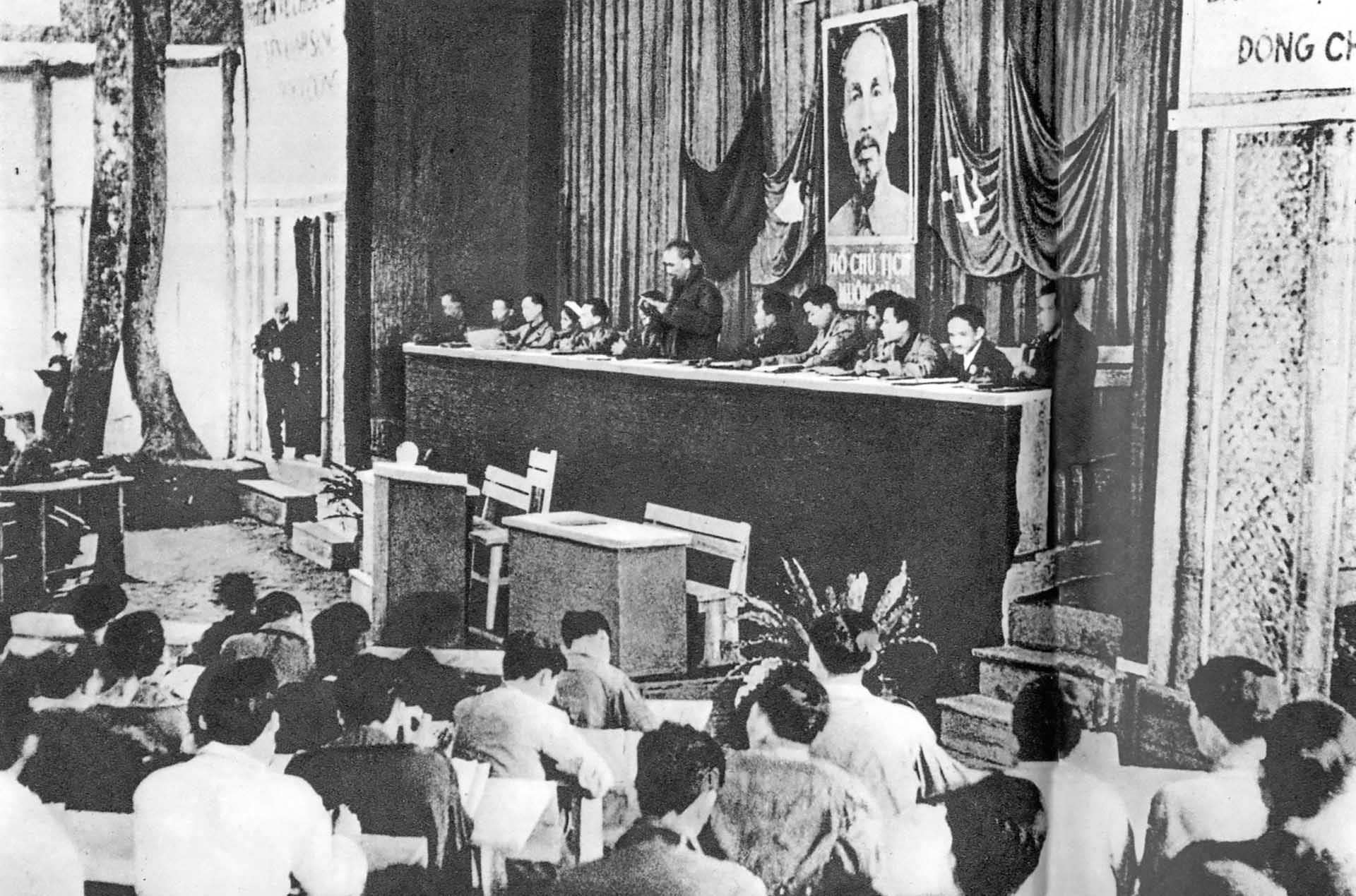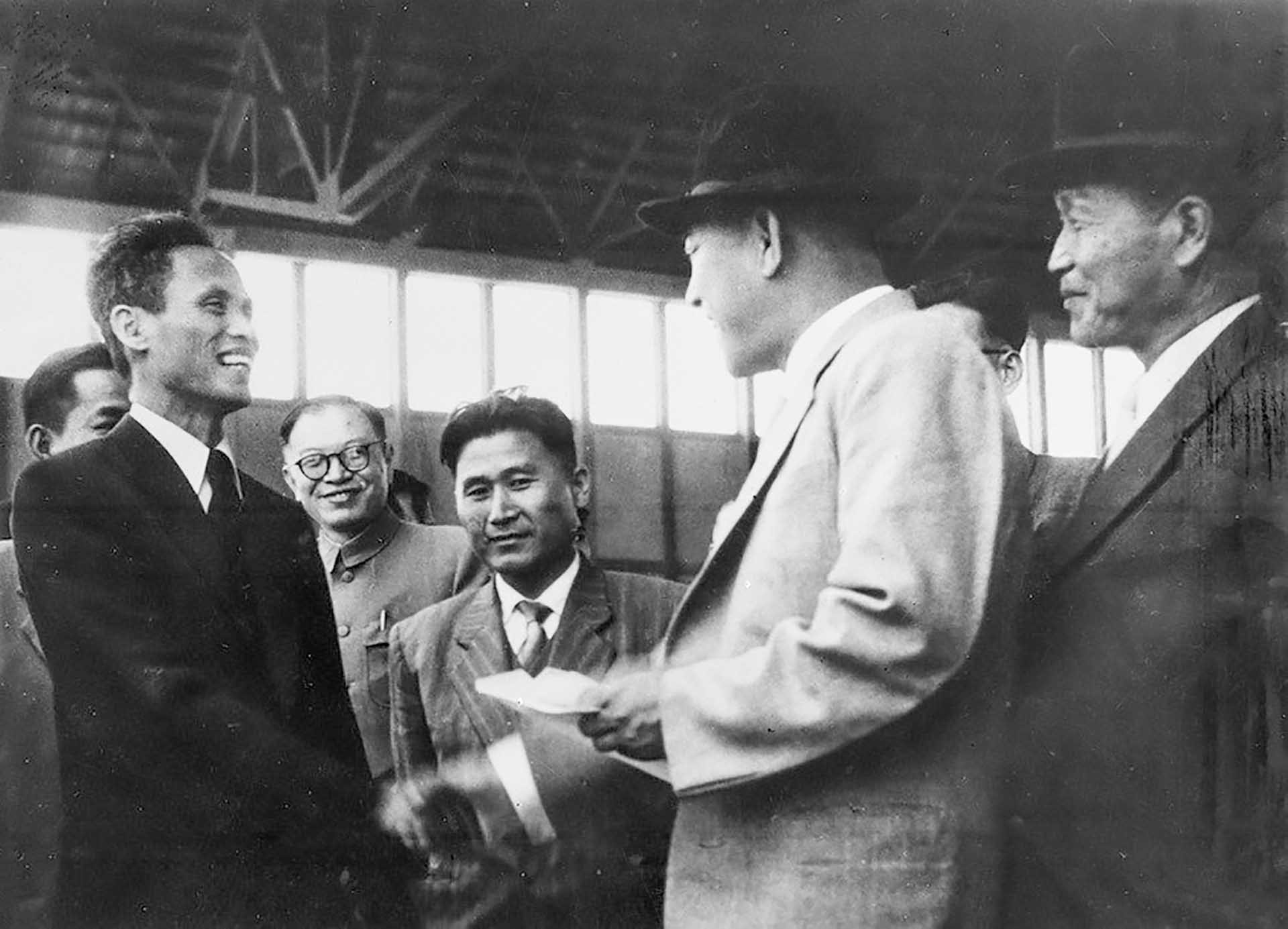
Geneva Accords and diplomatic philosophy imbued with Characteristics of 'Vietnamese bamboo tree'
Latest
General Secretary Nguyen Phu Trong was the person who greatly elevated and transformed the image of the bamboo tree into a theory, a school of thought, and named Vietnam’s foreign policy, imbuing it with the unique characteristics of the “Vietnamese bamboo tree.” This concept depicts Vietnam’s foreign affairs and diplomacy as possessing a strong root, a sturdy trunk, and flexible branches, demonstrating softness and astuteness yet remarkable resilience, determination, flexibility, creativity, courage, and steadfastness in the face of all challenges and difficulties.
Looking back at history, one can observe that the Geneva Accords negotiation process embodies all the characteristics and spirit of the diplomatic philosophy deeply rooted in the unique characteristics of the “Vietnamese bamboo tree.” This includes perseverance in coping with all challenges and adherence to overarching policy while being flexible and sharp in its execution.
Participating in the Geneva Accords negotiations, the Government of the Democratic Republic of Vietnam and its delegation faced numerous hardships and challenges due to the complexity of the global developments at that time, especially the intertwining interests, plots, and mutual compromises among major powers.
Firm on negotiation principles
Despite numerous challenges, Vietnam showed sharpness and astuteness in handling the situation. Vietnam steadfastly adhered to the principles outlined in the Geneva Accords, which emphasized independence, sovereignty, unity, and territorial integrity; withdrawal of foreign troops from Vietnam; and respect for the right to self-determination of the Vietnamese people.
 |
| Nguyen Minh Tam, Deputy Head of the Party Commission for External Relations. |
We emphasized the spirit of independence and self-reliance in the negotiation process and consistently pursued strategic goals while willing to compromise with principles to ensure the national and people’s interests. Vietnam’s negotiating position was clearly stated in an interview by President Ho Chi Minh with the Swedish newspaper Expressen on October 26, 1953: “Ready to negotiate if France wants a cease-fire in Vietnam, settle and resolve the Vietnam issue by peaceful means...”; “The basis for the armistice in Vietnam is that the French Government must sincerely respect the true independence of Vietnam.”
The negotiation method is “primarily between the Vietnamese Government and the French Government...” Regarding the time of the negotiations, on May 1, 1954, the Secretariat of the Vietnam Labour’s Party asserted: “We do not overestimate the Geneva Conference but should not miss the opportunity, we must seize the opportunity to initiate the Geneva Conference in order to move towards other meetings.”
At the conference, Pham Van Dong - Head of the Vietnamese Government delegation, presented the eight-point position demanding France to recognize the national sovereignty and independence of Vietnam throughout its territory, as well as the sovereignty and independence of Laos and Cambodia.
The Geneva Accords resolved the Indochina issue in accordance with the stance of the Democratic Republic of Vietnam, which was to establish peace based on respecting the rights of reunification, independence, and democracy of the three nations of Vietnam, Laos, and Campuchia.[1]
Adaptable and flexible according to international context
Based on understanding the positions and strategic intentions of major powers, Vietnam handled the issue with flexibility through contacts, exchanges, and negotiations bilaterally or multilaterally during the Geneva Conference.
From June 20, 1954, onwards, many significant events occurred, greatly impacting the direction of of the Geneva Conference.
In various engagements, Vietnam consistently adhered to its position on the issues concerning Vietnam, Laos, and Cambodia, advocating for the inclusion of representatives from the Laotian and Cambodian resistance governments in negotiations, the demarcation of temporary military lines in Vietnam along the latitude 13, and the organization of general elections within a six-month period to reunify the nation.
During the final 10 days of the negotiation process at the Geneva Conference, from July 10 to July 20, 1954, a series of issues were negotiated towards concrete resolutions. Vietnam was engaged in bilateral and multilateral negotiations with delegations from France, the Soviet Union, China, the United Kingdom, and the representative of the Prime Minister of India.
In general, each side had its own minimum objectives to achieve. The final outcome reflected in the Geneva Accords compared to the initial eight-point solution proposed by Vietnam demonstrated a considerable gap. However, these gaps and limitations were inevitable in such specific historical circumstances. Every concession made by our Party was carefully considered, always adhering to the principle of “to be firm in principles but flexible in their applications,” maintaining steadfastness in principles while being flexible in tactics, and consistently keeping the set goals.
 |
| President Ho Chi Minh read the Political Report at the Second National Congress of the Vietnam Workers’ Party meeting in Viet Bac (Northernmost Vietnam Base) in February 1951. |
Synergy of strength
The signing of the Geneva Accords reflected the support of the people from fraternal socialist nations and justice-loving and peace-loving people worldwide, including the French people, for the Vietnamese people.
In addition to formal diplomatic channels, people’s diplomacy, as initiated by President Ho Chi Minh and Vietnam’s previous leaders, was conducted with great effectiveness, playing a significant role in our triumph at the Geneva Accords negotiations. The support of the French people for the Party, Government, and Vietnamese people was an extremely important factor.
Vietnam’s mass organizations, such as the Women’s Union and the General Confederation, sent their delegations to attend women’s conferences and international labor forums to call on international friends to support Vietnam’s righteous struggle, helping the French people realize that the Vietnamese nation shall fight to the last breath for righteousness to protect the independence and freedom of our homeland, just as the French people had done in the resistance against Nazi Germany before.
Political and social organizations in France, such as the General Confederation, Women’s Union, and Youth Union, undertook various creative forms of struggle, such as collecting signatures demanding peace in Vietnam to be submitted to city council members, senators, ministers, and the President; conducting rallies, demonstrations across France, especially in major cities; organized gatherings named “For Vietnam”, among others.
Workers in many French colonies in Africa, such as Algeria, Morocco, Tunisia, and Madagascar... actively supported and assisted Vietnam’s righteous resistance through various means. Dockworkers in North Africa organized strikes to refuse to load weapons onto ships bound for Vietnam. Strong movements supported Vietnam’s righteous and courageous struggle that emerged in countries like Thailand, India, Indochina, Myanmar, and other capitalist nations such as West Germany, Austria, and Australia... Various international organizations, such as the World Federation of Trade Unions and World Peace Council... issued resolutions to condemn French colonial aggression vigorously and demanded an immediate end to the wars, restoring peace in Indochina.
 |
| Deputy Prime Minister Pham Van Dong (left) sees off DPRK Foreign Minister Nam Il at Geneva airport, Switzerland, in 1954. |
The victory of the Geneva Accords played a significant role in the global struggle for the era’s great objectives, reflecting the high spirit of solidarity and support from the international community for Vietnam’s diplomatic efforts. It served as a strong motivation for the great triumph of the Spring of 1975, leading to national reunification, as well as in the subsequent efforts for Vietnam’s national development and defense.
The Geneva Accords have provided valuable lessons in diplomacy, emphasizing the need for accurate assessment of the global context, particularly the strategies of major powers, while simultaneously formulating appropriate policies for specific timing and issue, ensuring the national interests of the country and its people. Diplomacy should leverage the comprehensive strength of the nation. In diplomatic negotiations, it is essential to uphold principles while being flexible in applications wherein peace, unity, national independence, and territorial integrity are sacrosanct.
Seventy years have passed since the signing of the Geneva Accords. Our diplomacy imbued with the characteristics of the Vietnamese bamboo tree and foreign policy philosophy have been creatively applied based on the specific features of the political landscapes. This is well-recognized by the leaders of political parties and international organizations.
In referring to Vietnam’s diplomacy in the present era, Amiad Horowitz, a member of the International Committee and the Peace and Solidarity Committee of the Communist Party USA, stated that: “Diplomacy imbued with the unique characteristics of ‘Vietnamese bamboo tree’ provides a better paradigm for all countries around the world, a model that does not compromise the strengths and principles of diplomacy, yet remains flexible and perseveres with goals of peace. Diplomats and powers worldwide must learn from Vietnam’s unique approach to gain valuable lessons applicable to specific situations for a more peaceful future.”
[1] “On April 10, 1954, Deputy Prime Minister Pham Van Dong, in his report to the National Assembly on our stance and strategy at the Geneva Conference, emphasized: ‘The position of the people and the Government of the Democratic Republic of Vietnam regarding the restoration of peace in Indochina is: Peace, independence, reunification, and democracy.’”













